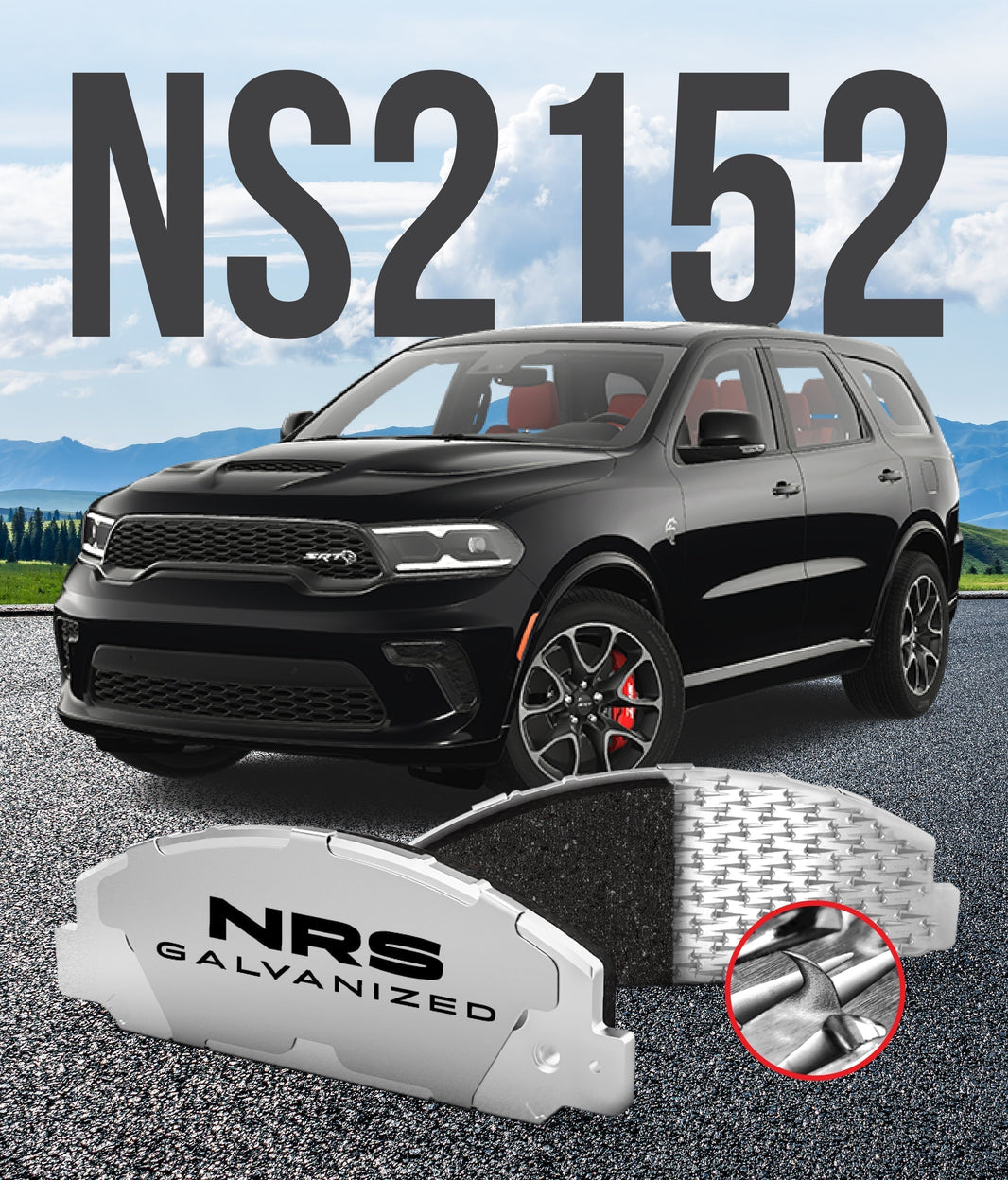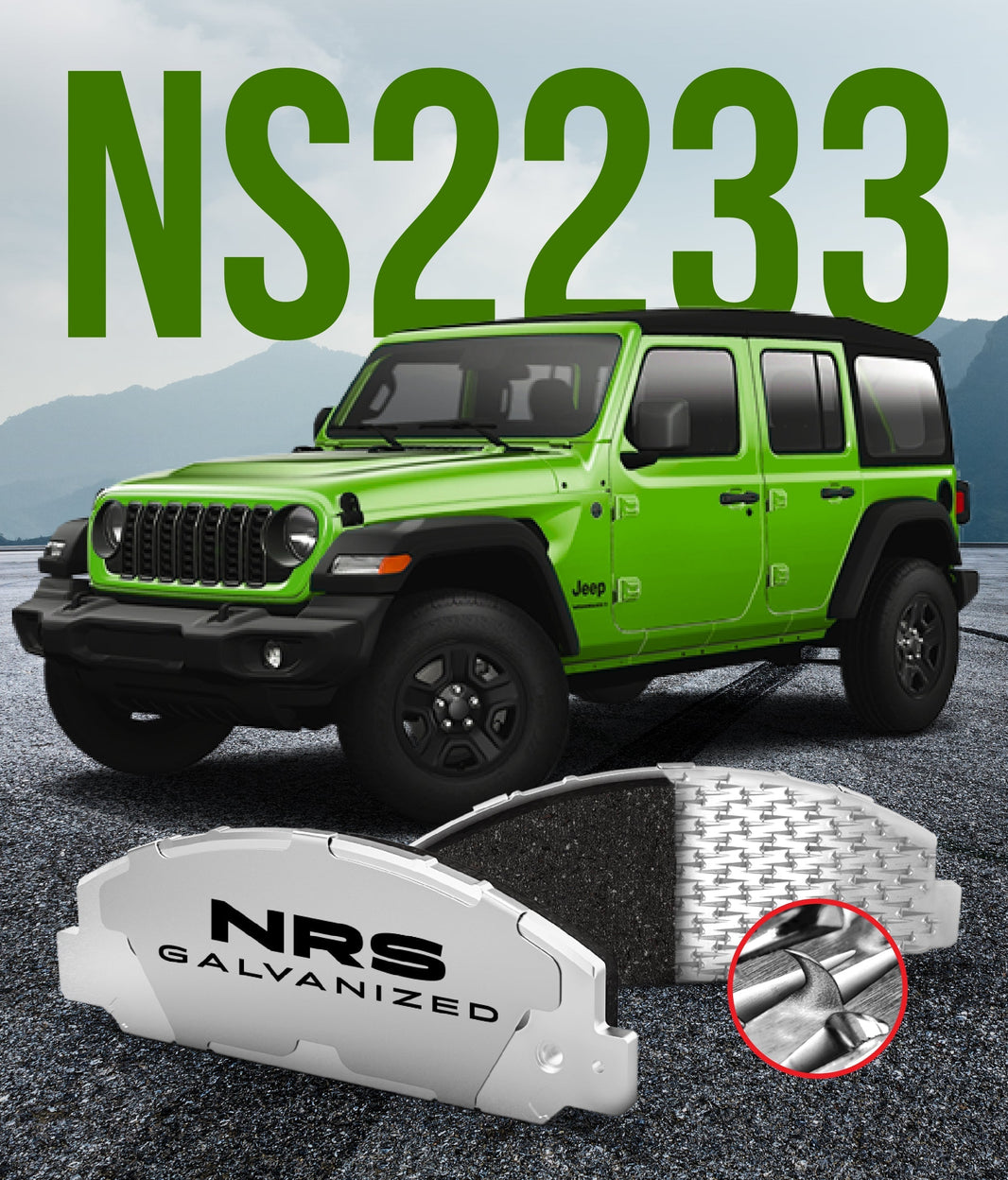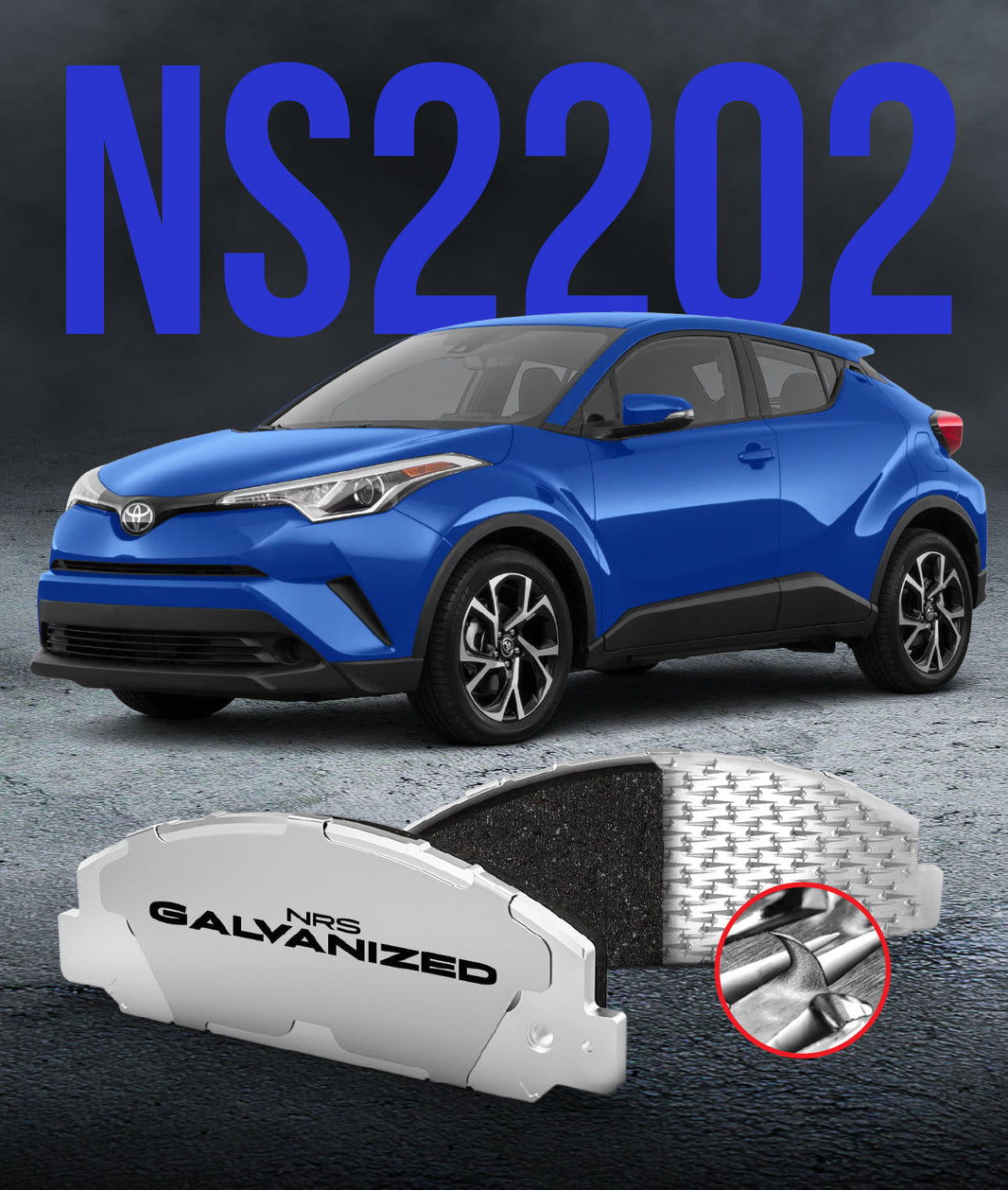Hybrid and electric vehicles have made their mark and are here to stay. It has been a number of years since these vehicles first arrived on the streets. This article will help you understand the maintenance these units need to make sure they continue to function smoothly.
One of the most important things that should be taken care of when owning a hybrid or electric vehicle is the brake pads. Brake pads in electric and hybrid vehicles have longer change intervals than their petrol-powered counterparts. The longer interval is thanks to regenerative brakes, which help to slow down the vehicle without hitting the brakes.
However, you can’t neglect the hydraulic braking system of your electric or hybrid car. Besides working as a redundant safety feature, they are crucial for bringing your vehicle to a complete stop in an emergency, in particular when you need to reach a full stop within a short distance, or if the regenerative brakes are turned off. Having said this, let’s see how to find the right brake pads for your electric or hybrid vehicle.
EV brake pads vs. Conventional brake pads
The brake pads fitted in electric or hybrid vehicles are similar to the brake pads used in fossil-fueled vehicles. Vehicles with conventional engines are more flexible when it comes to which brake pads you can use. Simply put, brake pads are parts that have a friction element called the “lining,” that when pressed against the disc rotors, transforms the kinetic energy into heat, stopping the vehicle. The three most common lining types are:
- Organic: they are typically made of a resin containing carbon, rubber, kevlar, and other organic materials. They are soft, relatively cheap, and generally don’t resist heat well. They are also fairly dusty and don’t last long, but are pretty quiet.
- Semi-metallic: they are performance-oriented, and made of a combination of iron, copper, steel graphite, and other metallic materials with an organic resin. They are less dusty than organic linings, give the driver a better pedal feel, and endure extreme temperatures. They tend to squeal and become noisy over time
- Ceramic: this is an expensive but great choice to preserve the brake rotors. They are low-dust, preserve the pedal feel with wear, and are usually long-lasting linings.
Electric and hybrid vehicles are heavier than petrol-powered vehicles, mostly because of the weight of the battery. They are used less frequently than standard brake pads, but when they are used, they are subjected to stronger force and temperatures. That is why no matter what kind of hybrid or electric car you are driving, you should keep in mind that you need to use high-performance brake pads for the safety of your loved ones and yourself.
Another factor that plays a role in electric vehicles’ brake pads is rust. When you leave your car parked for a long time, you may have noticed that your brake rotors are not shiny anymore and may have a thin layer of rust over them. After you drive the car again, and use the brakes a few times, you will notice that your brake rotors return to a shiny state.
Lack of use will result in rust, and it is something that affects cars with regenerative brakes. When the brakes are not used often, they fail to dissipate any moisture which leads to rust. That is another reason to buy special brake pads for your electric or hybrid vehicle. These kinds of brake pad backing materials are made to keep the rust away.
Squeaky brake pads can also be an annoying aspect to electric vehicles. That is another reason to buy brake pads specially made for EV’s. NRS brakes have the perfect solution for your hybrid or electric EV. Their brake pads are made of a new generation of copper-free, semi-metallic lining which is almost dust-free, long-lasting, easy on the brake rotors, eco-friendly, and are silent. They have the increased stopping power needed to safely stop a heavy electric vehicle. They are meant for street and for track use. Take a look at https://nrsbrakes.com/nrs-ev




